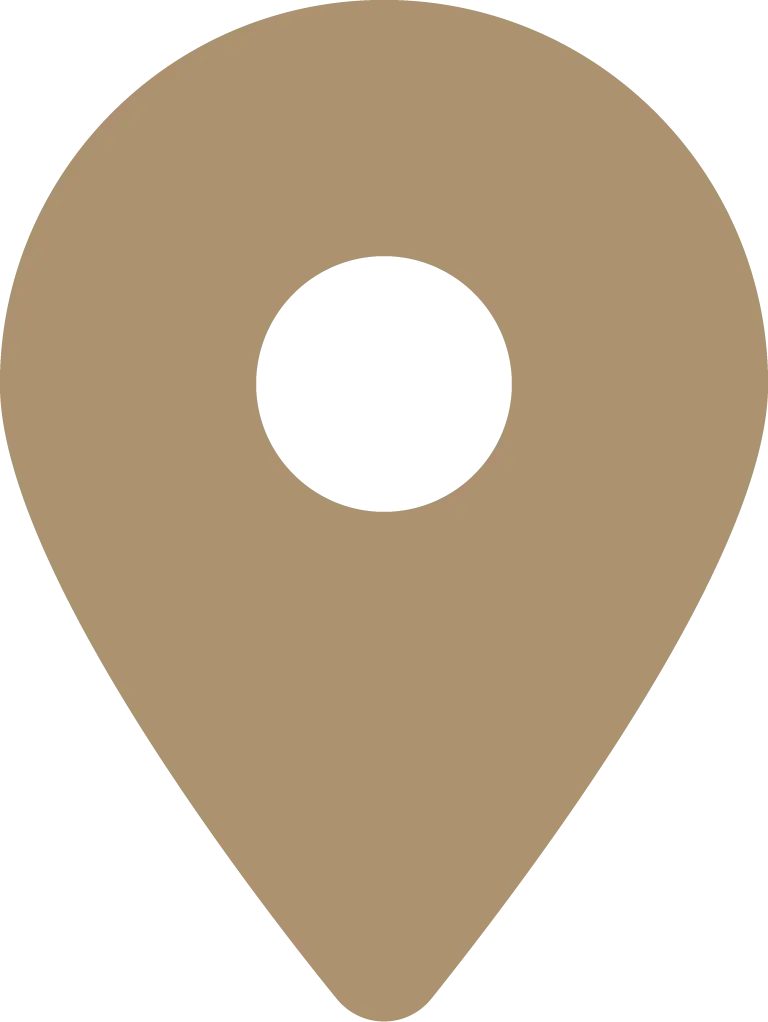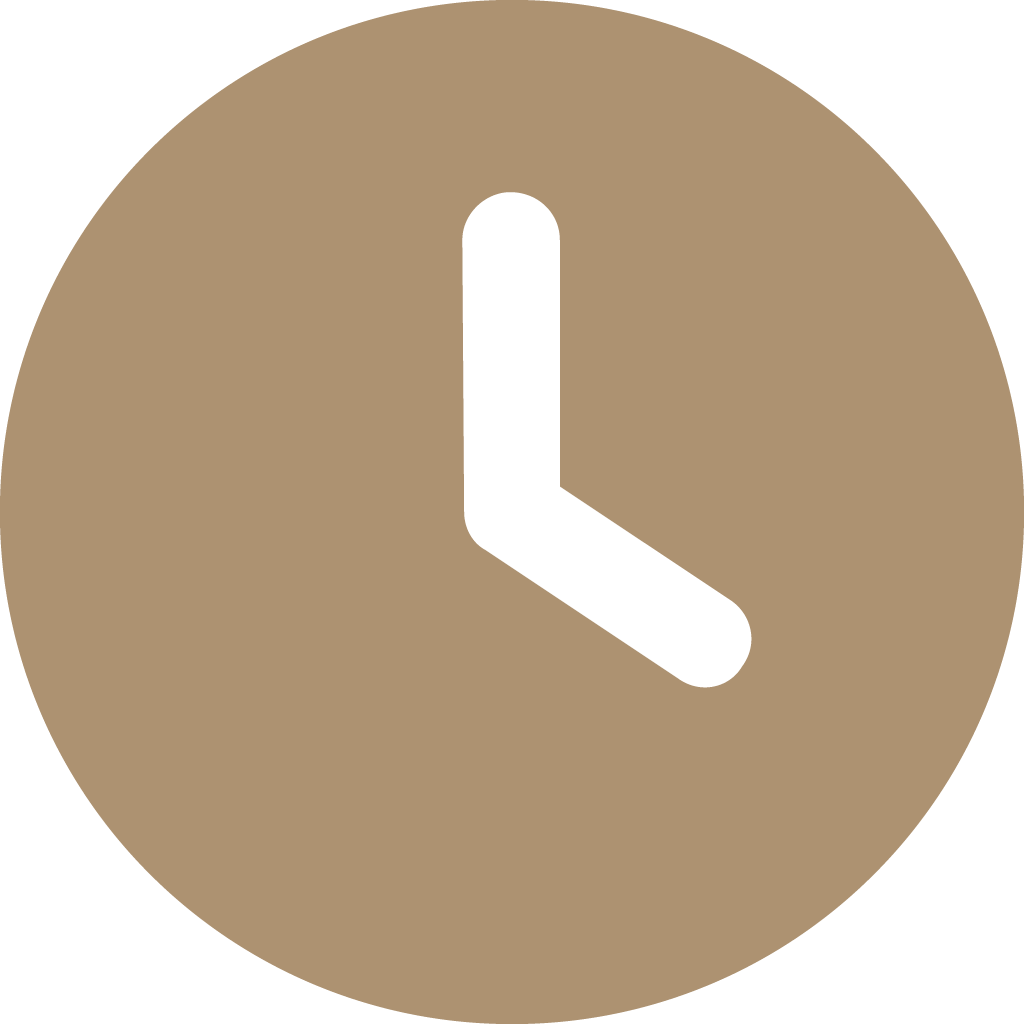
Opening : Mon-Fri 09:00 – 17:00
Studio three
Studio three
DISCOVER The Music Within You | EXPLORE The depth of your musical Interest | DEVELOP your musical Giftings
Home Studio
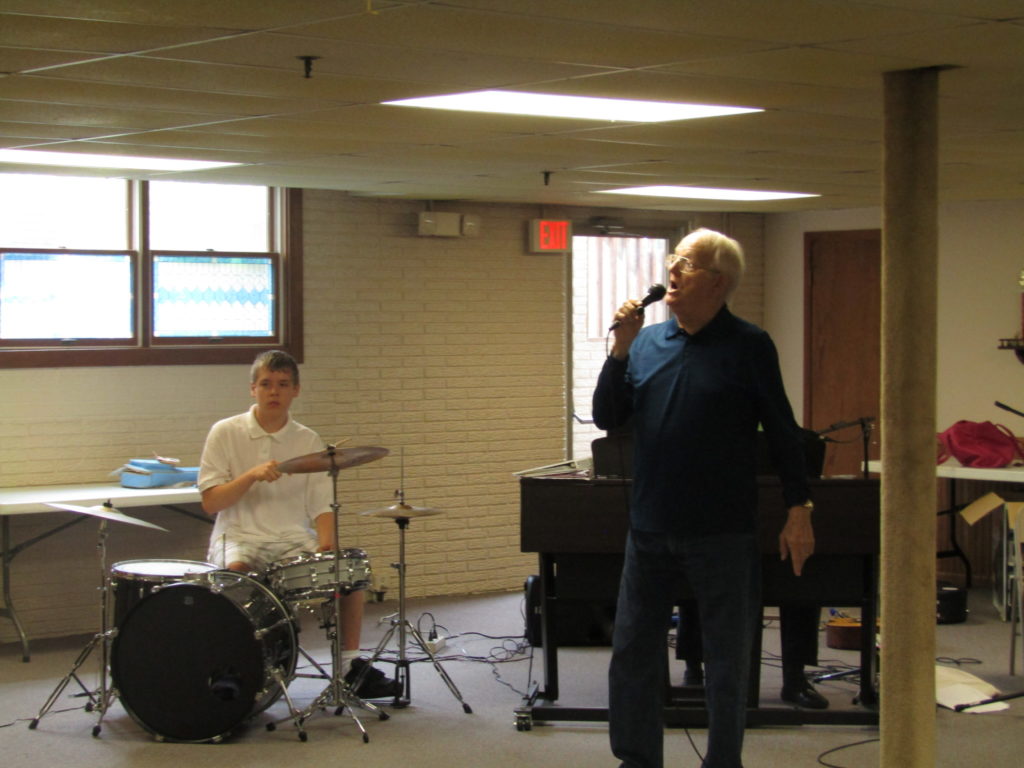
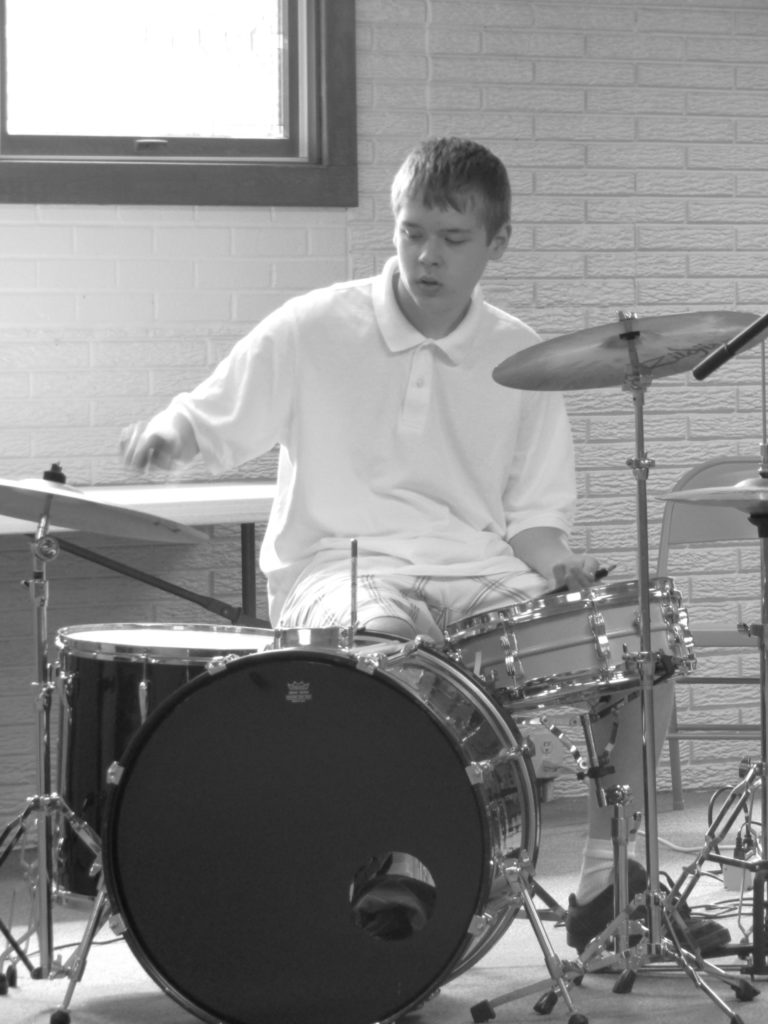
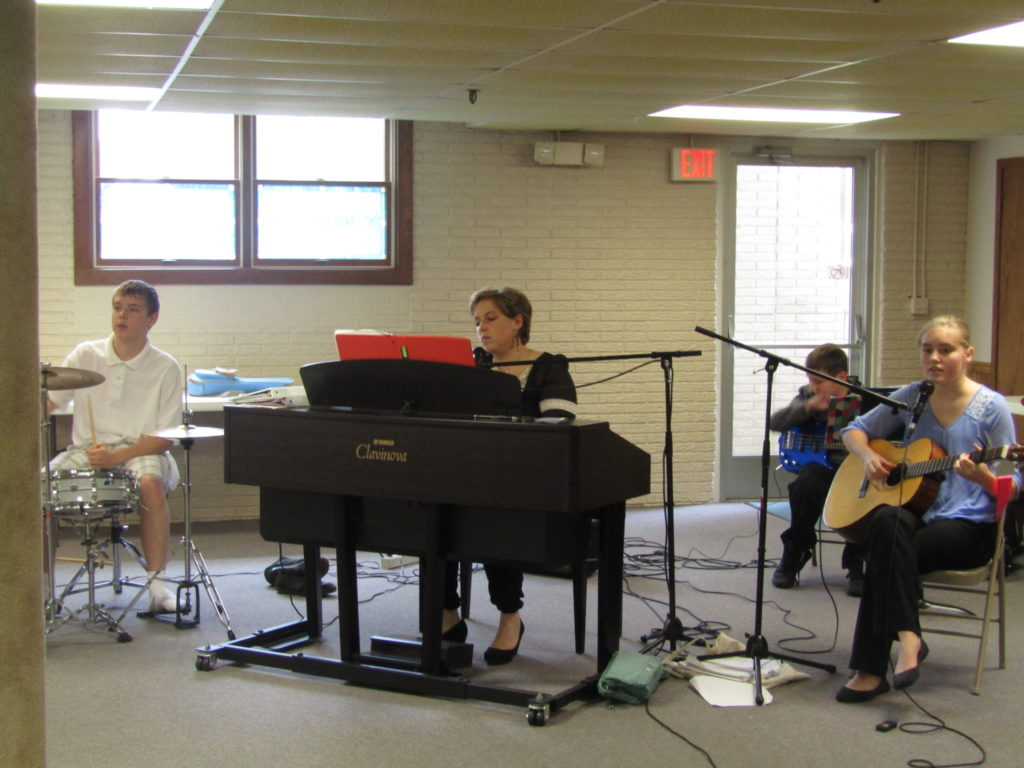
Jenniffer Maragia | Founder/Teacher
815-988-3021 | 309 N Bridge St, Rockton, IL 61072
Built By Malvarez – Studio Three Copyright © 2022 Rights Reserved
